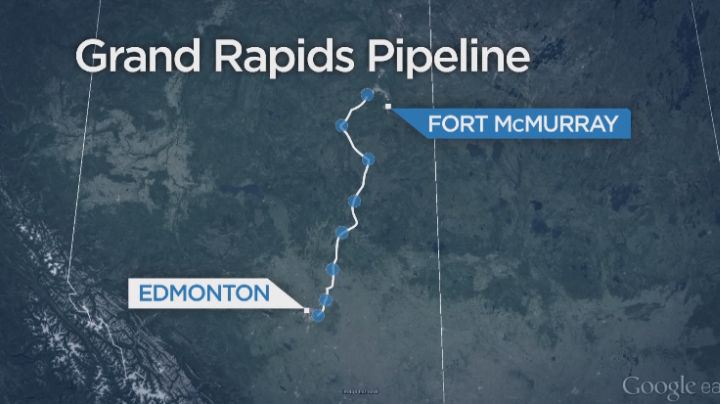
Canada’s First Nations Oppose “Mother of All Pipelines”
Yet another pivotal battle is brewing in Canada, over a little-known pipeline labelled the “mother of all pipelines” by the country’s First Nations.
Read the latest insights and analysis from the experts at Oil Change International.

Yet another pivotal battle is brewing in Canada, over a little-known pipeline labelled the “mother of all pipelines” by the country’s First Nations.
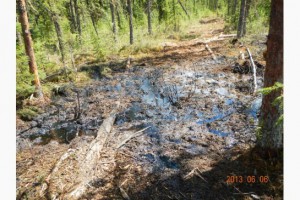
Finally one of Canada’s leading independent tar sands producers has conceded that it is partly to blame for a series of leaks of bitumen in Alberta that have been going on for over a year.
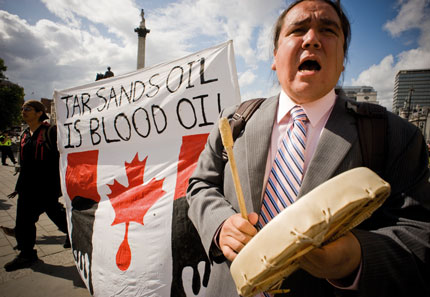
Later today, a scientific study which has examined the health impacts of the toxic tar sands on the health of Canada’s First Nations at Fort Chipewyan in Alberta, will be released.

And so the battle lines have been drawn. On the one hand you have Canada’s federal government, ever eager to please Big Oil, which has just agreed to let Enbridge build its highly controversial $8 billion Northern Gateway pipeline from the toxic tar sands of Alberta to the rugged coast of British Colombia.

Many visitors to the iconic British Museum in London got more than they bargained for on Sunday, when hundreds of protestors descended on the Museum to protest against BP's sponsorship of a major exhibition on Vikings.
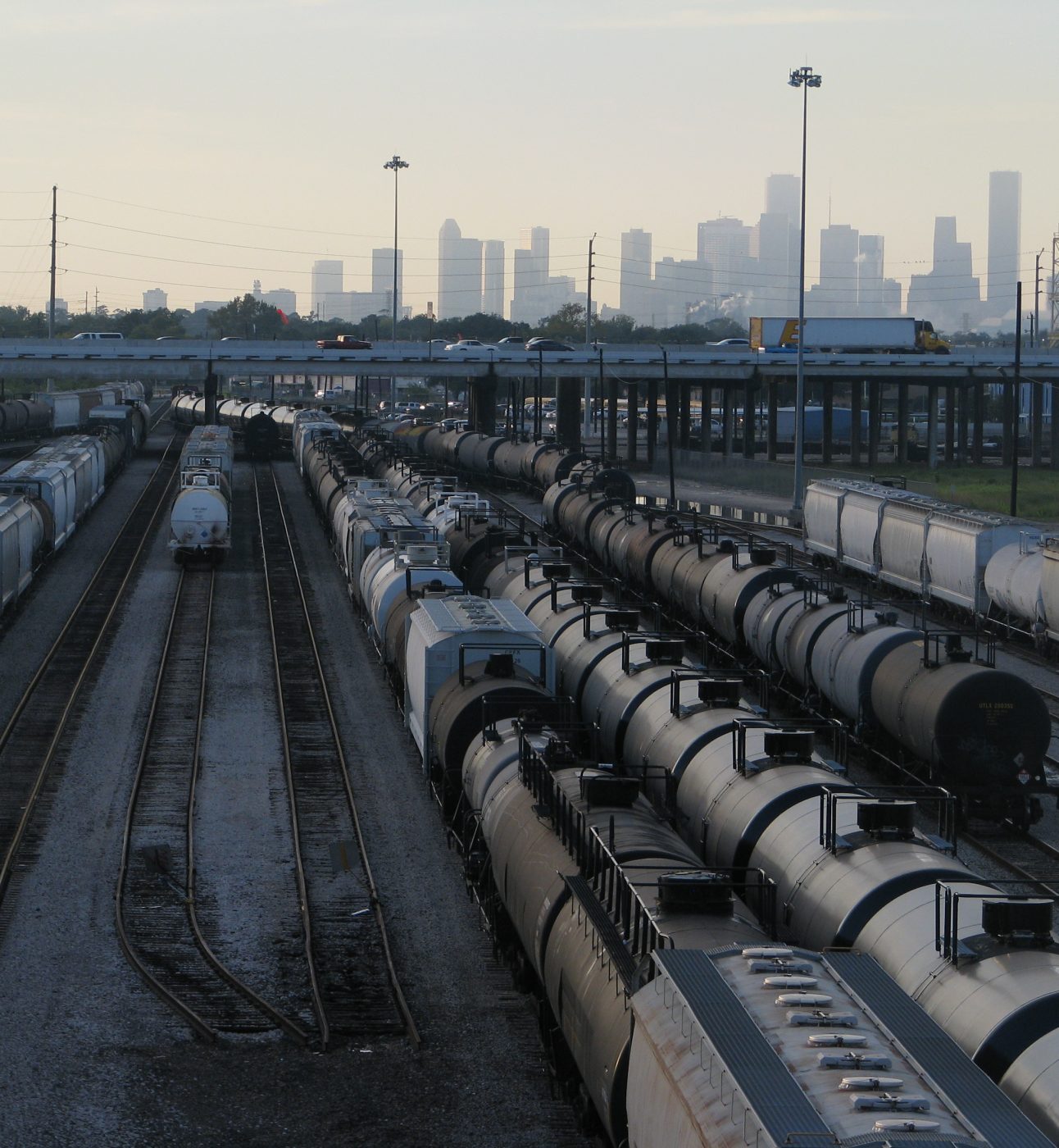
In contrast to claims made by Keystone XL proponents, tar sands crude is trickling into the Gulf Coast by rail.
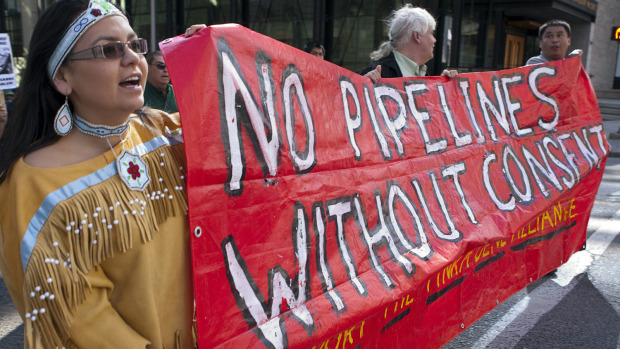
The clock is ticking. Within the next ten days, the Canadian federal government is expected to announce its final decision on the controversial Northern Gateway pipeline, which will transport toxic tar sands from Alberta via British Colombia to the Pacific Coast.
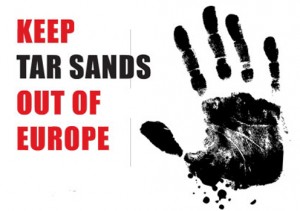
After one of the most aggressive and disingenuous lobbying campaigns in recent years, Canada has won “big concessions” in its fight against the landmark European climate legislation, called the Fuel Quality Directive (FQD)

Over the last couple of years the Canadians have become accustomed to growing international criticism of their reckless and belligerent exploitation of the tar sands. They have aggressively just carried on drilling, nonetheless.